More and more people are becoming concerned about their privacy and security online, and as a result, they are actively investigating various methods to protect their actions while they are online.
Virtual Private Networks (VPNs) and proxy servers are two of the most widely used technologies that internet users rely on to safeguard their privacy.
The differences and similarities between virtual private networks (VPNs) and proxies will be discussed in this article.
What is a Proxy Server?
Typically, when you browse the web, your computer establishes a direct connection with a website and starts downloading content for you to view. This is a simple technique.
On the other hand, a proxy server redirects all of your internet traffic to itself. The proxy downloads the requested content from the destination website, relays it to you, and then sends it back.
Proxy servers provide users with the ability to evade content restrictions and surveillance using disguising IP addresses.
Users can, for instance, watch content that is regionally prohibited. For instance, a US-based Netflix customer can access UK Netflix content by connecting to a UK proxy server.
You might want to read this; What is a Proxy Server & How Does It Work | Everything You Need to Know
What Is a VPN?
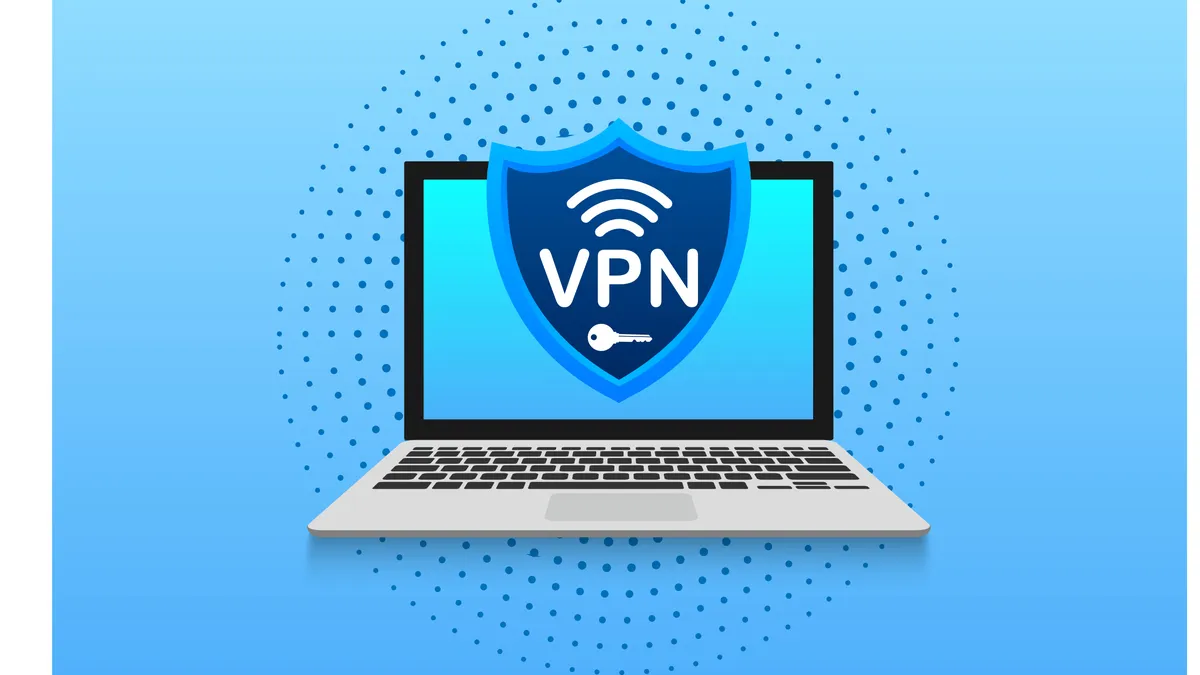
Similar to a proxy server, a VPN creates the illusion that internet data is originating from a different IP address.
Nevertheless, data between the user's computer or device and the distant VPN network travels over an encrypted tunnel while using a VPN, which makes VPNs a useful tool for guaranteeing network security.
Users may access the internet safely with a VPN from a reputable service, especially when utilizing public Wi-Fi as in a café.
Instead of utilizing the local Wi-Fi, which may expose users' private information to other parties if it is not encrypted or has inadequate security, users can connect to a VPN.
Similarities Between VPNs and Proxies
Hide IP Addresses
Your IP address can be concealed with the assistance of virtual private networks (VPNs) as well as proxy services.
You can conceal your real IP address and make it more difficult for other people to monitor your activities on the internet by using any of these two programs.
Compatibility with Streaming and Gaming
Streaming and gaming are both compatible with virtual private networks (VPNs) and proxy servers. You can get to material that is blocked in your country and get around filtering by using either of these tools.
Get Around Blockers Based on Geolocation
VPNs and proxy services can both help you get around blockers that are based on your location.
One example is that if your country blocks a website, you can use a VPN or proxy service to get to it from somewhere else.
Difference Between a Proxy Server and VPN
There are big differences between a proxy and a VPN. Both can help hide your IP address, but a VPN protects the data you send and receive on top of that.
A proxy service, on the other hand, does not offer this level of security.
VPNs Encrypt Your Data
A VPN encrypts all the data you give and receive, but a proxy does not. Data encryption makes your private online activities safer because thieves can't see your credit card information or login passwords. This is helpful when you're banking or shopping online.
Proxy Services That Are Free May Be Slower
VPNs and proxy sites can both slow down your reading, but it depends on how you connect to them.
This is especially true for free proxy connections, which may be slower and less safe because they have fewer ways to set them up, less infrastructure, and less help.
Different VPN providers offer different speeds, but in general, VPNs are faster.
VPNs Cost Money Most of the Time
You shouldn't use a free VPN service because it may not offer everything you need and may collect information about you.
People who want to keep their data safer usually choose paid VPNs that offer more security.
The majority of proxy servers, on the other hand, do not cost anything. In general, this means that VPNs cost more.
VPNs Give You More Protection
Proxy servers only move the traffic of one app or browser, while VPNs work at the application level and send all of your traffic through a VPN server.
In other words, VPNs secure all of your web activity, no matter what site or app you're using, while proxy services only hide one site or app at a time. Because of this, VPNs give their users more protection.
Not all VPNs Record Traffic
While proxy services might record what sites you visit, most VPN companies won't. If you want complete privacy, use a VPN service with a "no-log" policy.
This means that they will not record or keep track of what you do on the internet while you use their service.
A free proxy, on the other hand, might keep an eye on traffic and sell that information to other people.
Which one is Better to Use—a Proxy Server or a VPN?
Your IP address can be hidden by using a proxy service or a VPN. Furthermore, a free proxy server will work if you don't mind browsing more slowly and just want to conceal your IP address from one particular website or application.
However, a virtual private network (VPN) is the way to go if you value privacy and would rather nobody see what websites you visit.
The difference is that VPNs secure your data while you're online, but proxy services don't.
Online banking and shopping are two activities that greatly benefit from the increased security that a virtual private network (VPN) offers.
Even though the best VPN companies bill for the services they provide, the level of privacy they offer keeps your most private financial and personal data out of the hands of people who might want to do you harm.
In Summary
A VPN protects your privacy and security more than a proxy because it has a safe VPN server that routes and encrypts your data.
Although a proxy will route your data through an extra computer, it may not provide extra security. Instead of using proxies, VPNs protect all of your data at the operating system level.
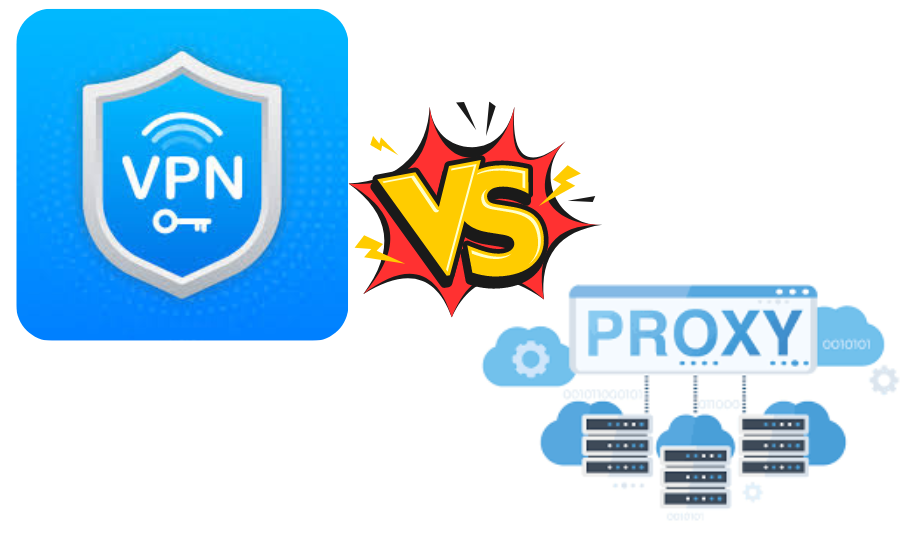
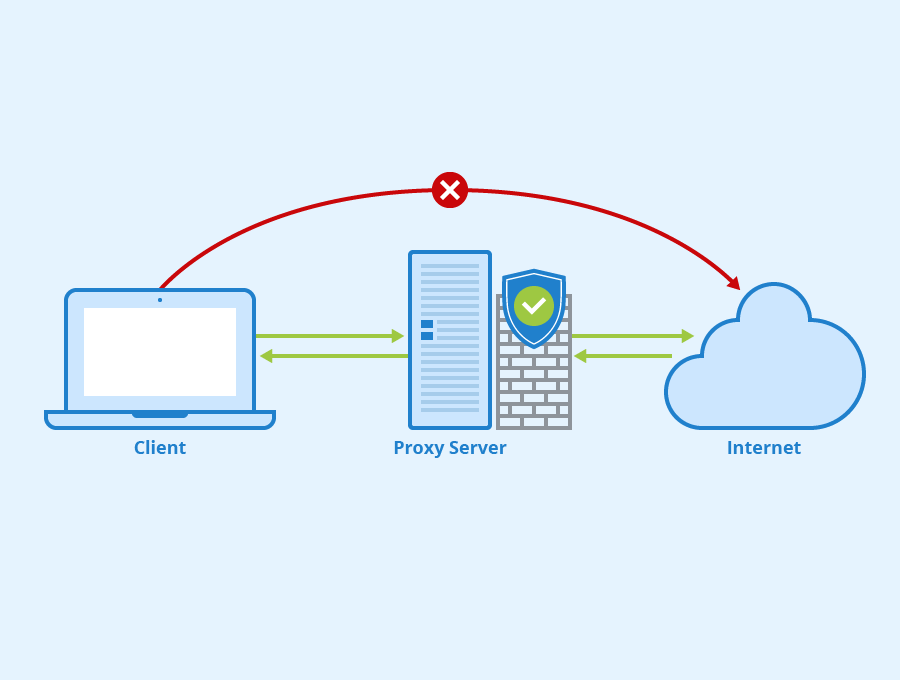
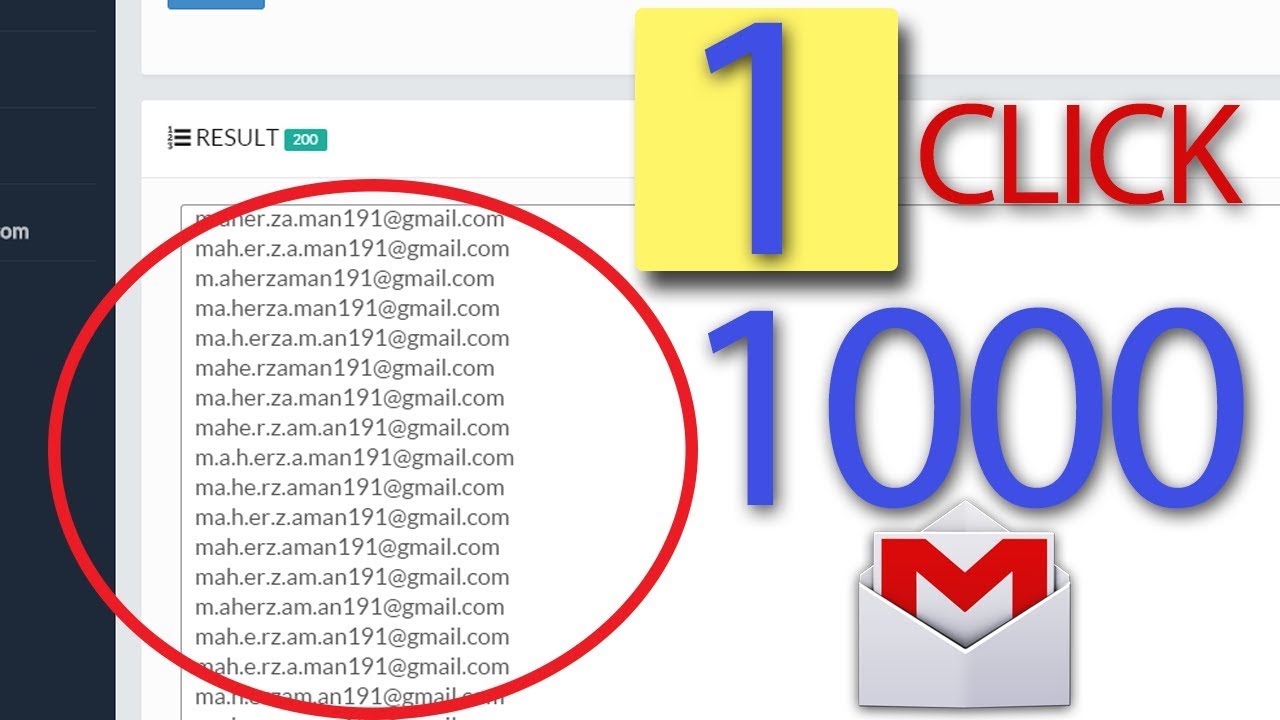
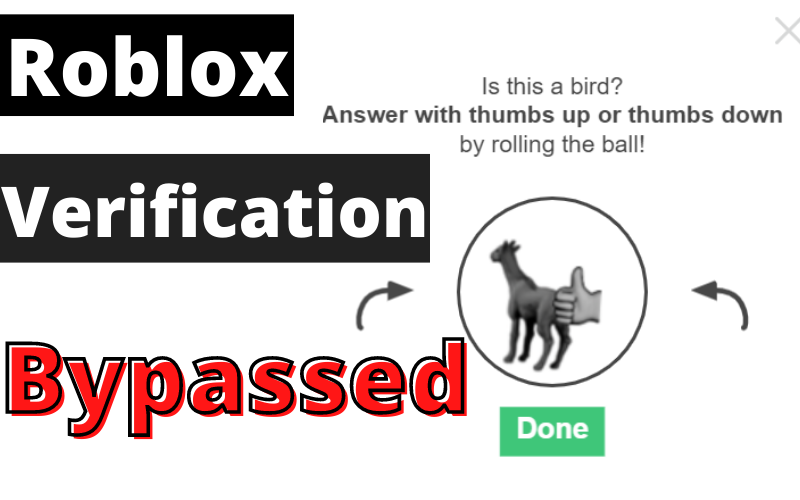

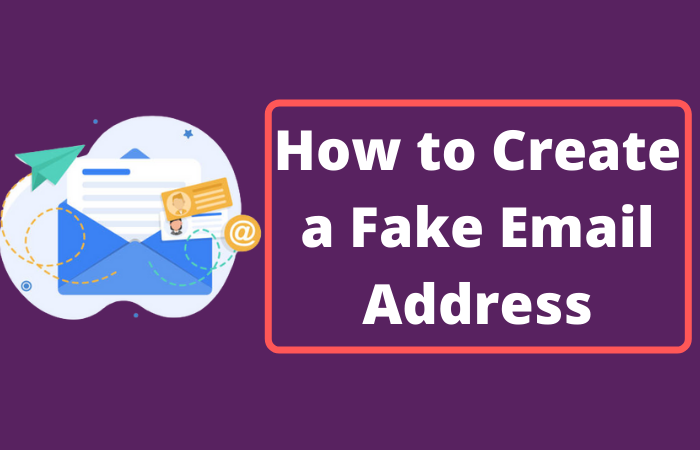
Leave a Reply